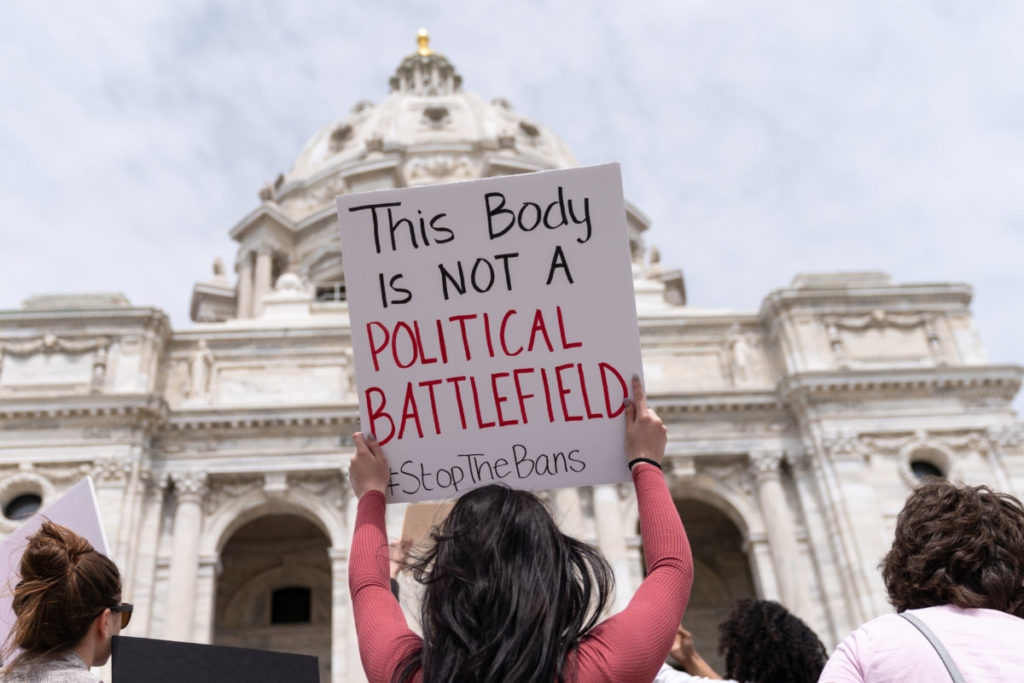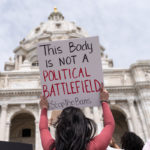
A study on the experience of being turned away from abortion services is garnering attention, as one of the few data-driven roadmaps we have for envisioning the consequences of a post-Roe world.
Dr. Diana Greene Foster’s Turnaway Study, concluded in 2016, followed nearly 1,000 participants for almost 10 years examining the mental, physical and socio-economic toll of seeking – and being denied – an abortion.
Most studies compared women who got abortions with those who chose to carry to term, Foster told the New York Times Magazine back in 2013, rather than looking at the “turnaways.” “It’s not that the study was hard to do,” she said, but no one had.
Foster, a demographer at the University of California, San Francisco, found that people who are denied a “wanted abortion” experience significant overall harm: They were four times more likely to live below the federal poverty level, and experienced increased physical and emotional health issues comparatively.
The study’s roots can be traced back to Justice Anthony Kennedy’s opinion in a 2007 Supreme Court case, where he alleged that abortions led to poor mental health. The statement, Foster told NPR, spurred her to study the real-world impact of abortion, and being “turned away” from one, “because you can’t make policy based on assumptions of what seems reasonable without talking to a representative sample of people who actually wanted an abortion.”
Foster’s research adds rared context to the experience of seeking an abortion as the leaked Supreme Court draft opinion that would likely lead to sweeping abortion restrictions across the country continues to dominate news feeds.
Major companies – from tech giants Microsoft and Apple to international coffe chain Starbucks – continue to announce newly implemented abortion coverage for their employees, often including reimubursement for out-of-state travel expenses.
The Turnaway Study wasn’t designed with a post-Roe America in mind, Foster told NPR, “because in my worst nightmares, I did not imagine that we would see an end of Roe so quickly.”
She added that there is not enough research to fully grasp the impact of the decision on subgroups of the population, such as transgender and nonbinary communities.
Given the relatively little progress made toward supporting low-income mothers since the data was collected, the Turnaway Study remains a valid indication that people who are unable to get a safe, legal abortion in their state “will experience long-term physical health and economic hardship,” Foster said.



